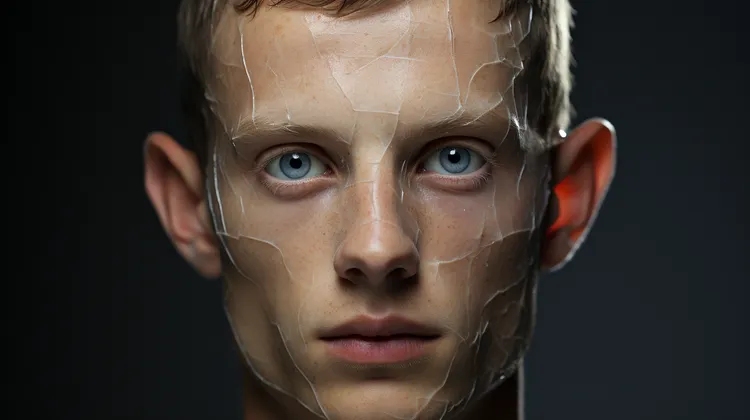
Buterin Warns of AI Surpassing Humanity
In the realm of artificial intelligence (AI), progress and innovation have been accelerating at a pace that has left many industries, experts, and casual observers both amazed and occasionally unsettled. It is in this context that Vitalik Buterin, one of the most influential figures in the blockchain world as the co-founder of Ethereum, has recently warned of AI’s potential to surpass humanity. His cautionary words echo the concerns of many other thought leaders and add a significant voice to the debate on the future of AI and its implications for human society.
Buterin’s contributions to blockchain technology have been groundbreaking, enabling a proliferation of decentralized applications and the creation of complex smart contracts. Yet even as he continues to advocate for the potential of blockchain to solve some of the world’s pressing issues, he does not shy away from discussing the potential risks of other emerging technologies. His warning about AI speaks to a growing fear that we might one day create intelligence that could outthink, outmaneuver, and perhaps outlast us.
Buterin likens the swift advancement of AI to an “autonomous force that’s beyond our control.” Artificial intelligence, in many ways, has already begun to demonstrate capabilities at or above human levels in certain tasks. For instance, AI systems have mastered complex games like Go and Poker, activities traditionally associated with high levels of human strategic thinking and intuition. As these systems grow more sophisticated, it becomes conceivable that they could exceed human cognitive performance across a broad spectrum of activities.
The race towards creating more powerful AI is often justified by its potential to revolutionize industries, solve complex problems, and even perform tasks that are dangerous or unfeasible for humans. Indeed, AI has already provided tremendous value, from improving medical diagnoses to optimizing logistics and manufacturing processes. But Buterin’s concern is not about these benefits; rather, it is about the unintended consequences of creating systems we may not be able to fully understand, predict, or govern.
One of the greatest fears is that of the “intelligence explosion,” a hypothetical scenario where an AI system begins to improve itself recursively and rapidly becomes superintelligent – surpassing human intelligence to such a degree that it becomes unfathomable to us. Buterin warns that such breakthroughs could happen abruptly and without warning, citing the difficulty in foreseeing technological tipping points that might lead to an AI surpassing human cognitive abilities.
There is also the problem of alignment: ensuring that any superintelligent AI has goals that are compatible with human values and wellbeing. This is not a trivial problem. As AI systems become more capable, they become more difficult to constrain. Buterin and others worry that failure to align AI systems with our values could result in unforeseen, perhaps disastrous, actions taken by AI pursuing objectives misaligned with human needs and ethics.
Another concern is the concentration of power that AI might facilitate. Large corporations and governments are already harnessing AI for a variety of purposes – some benevolent, others more questionable. The centralization of such a powerful tool poses significant risks, including the potential for mass surveillance, undetectable influence operations, and decision-making that heavily favors the interests of a few at the expense of many.
Addressing these risks will require global cooperation, transparency in AI development, and multidisciplinary efforts. Ethicists, philosophers, computer scientists, and policy makers must work together to establish guidelines for the responsible development of AI. Buterin’s various interactions with thinkers across different fields suggest that he is well aware of the need for a cross-disciplinary approach to grappling with the questions AI poses.
Buterin’s warning is not a call for sensation or panic, but for prudence. As someone deeply involved in tech innovation, his views cannot be dismissed as technophobic or resistant to change. Instead, they should prompt us to consider not just what AI can do, but what it should do, and how we might remain the ultimate arbiters of this powerful technology.
Grasping the nettle now may allow us to steer the course of AI in a manner that benefits humanity rather than threatens it. By taking Buterin’s warning seriously, we have the opportunity to foster AI that is not just powerful, but also aligned with the broad tapestry of human values and dedicated to safeguarding the human legacy. It is a challenge that we must not only acknowledge but enthusiastically embrace. For at the heart of Buterin’s warning is a belief in our potential – to shape a future where AI serves as a testament to our intelligence, not its eclipse.